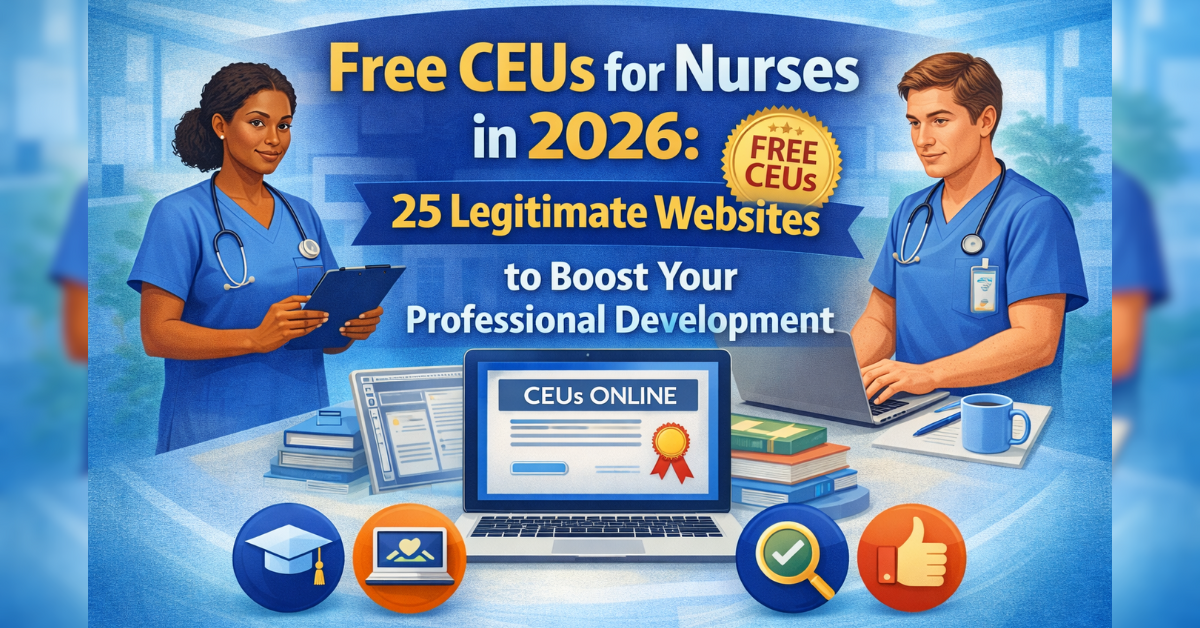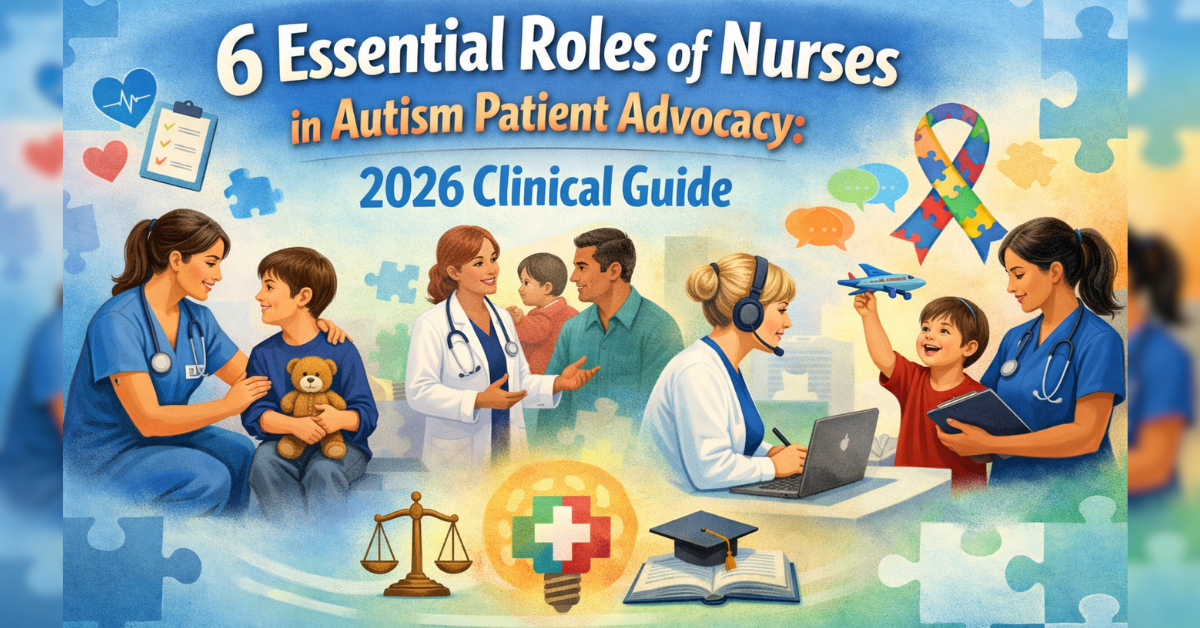Free CEUs for Nurses in 2026: 25 Legitimate Websites to Boost Your Professional Development
Discover Free CEUs for Nurses in 2026: 25 Legitimate Websites to Boost Your Professional Development. 25 valid web sites providing unfastened CEUs for nurses in 2026. Stay licensed, improve your career, and decorate affected person care without breaking the bank. Free CEUs for Nurses in 2026: 25 Legitimate Websites to Boost Your Professional Development Introduction … Read more









